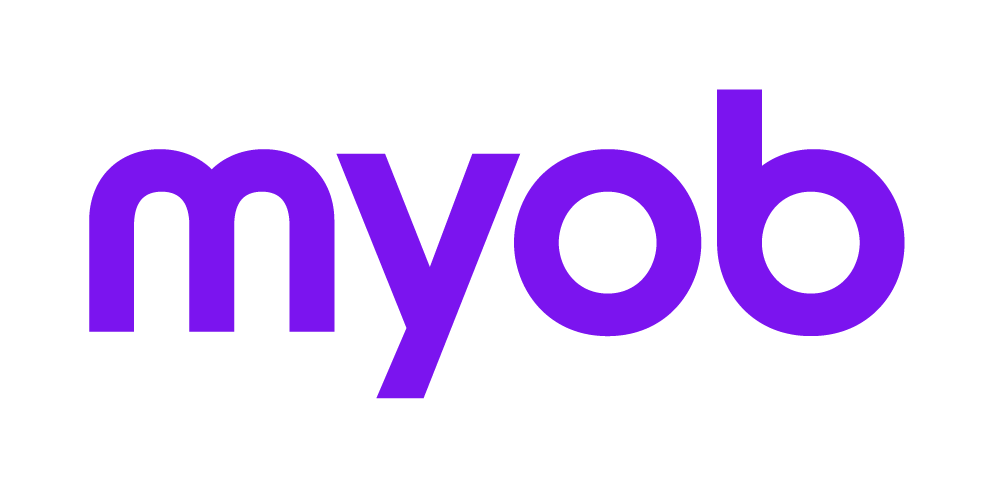IR9 Question 21 2020 provisional tax
The 2020 provisional tax is charged for income the organisation will earn in the 2020 income year. It’s payable in instalments. If the organisation’s 2019 residual income tax (RIT) is:
$2,500 or less, it doesn’t have to pay provisional tax, but it can make voluntary payments
more than $2,500 but expected to be $2,500 or less for 2020, it may estimate 2020 provisional tax at nil
more than $2,500 and expected to be more than $2,500 for 2020, it must pay 2020 provisional tax using one of the payment options.
If you anticipate your RIT will exceed $2,500 for the 2020 year, read the notes on interest—see Interest. You may be liable for interest from your first provisional tax instalment date.
All clubs or societies may choose one of the following three options to work out their provisional tax:
| Standard option | If you use this option, write S in Box 21 of the return and the amount of 2020 provisional tax in Box 21A.
|
| Estimation option | An organisation can estimate its 2020 provisional tax as many times as it wants to up to and including its final instalment date. If the 2020 RIT is expected to be lower than its 2019 RIT, estimating may stop it from paying more provisional tax than it has to. If the organisation estimates its provisional tax, write E in Box 21 on the return and the amount of 2020 provisional tax in Box 21A. An estimate must be “fair and reasonable” at each instalment it applies to if you use the estimation option. Read the notes on the not taking reasonable care penalty and interest at Not taking reasonable care penalty. Remember, when making your estimate, that incorporated and unincorporated bodies have different tax rates. Incorporated bodies use the tax rate of 28% from 1 April 2011 (previously this was 30%). For unincorporated bodies, see the tax rates at IR9 Question 18 Tax calculation. |
| Ratio option | If you’re using the ratio option and select E at Box 21, you’re electing to stop using this option. If the club or society is GST registered, you may qualify to use the ratio option to calculate your provisional tax. Only enter R at Box 21 if you’ve already elected to use the ratio option. You must apply in writing to use the ratio option before the beginning of the income year you want to use it in. If you’ve already elected to use the ratio option and want to continue using it, enter R at Box 21. You’ll find more information about the ratio option in the guide Provisional tax (IR289). |
